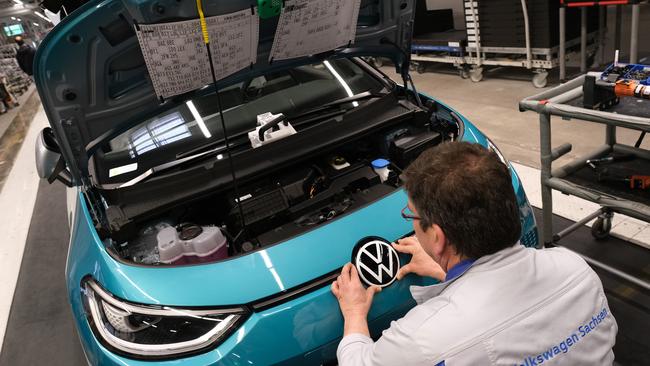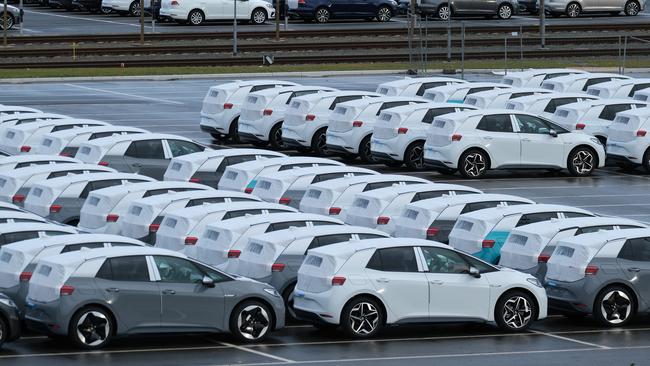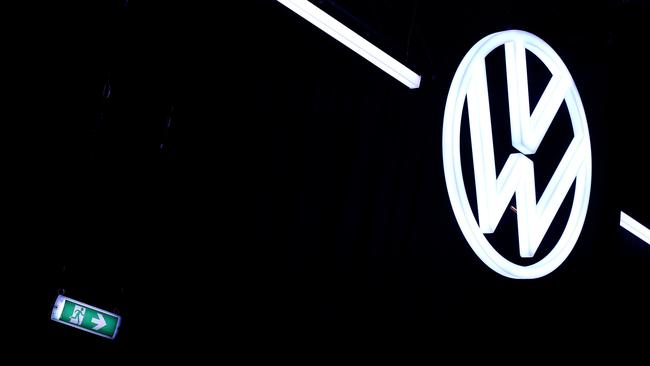German automaker considers factory closure amid rising competition
A major car maker faces tough decisions and internal conflict as competition mounts.

Motoring
Don't miss out on the headlines from Motoring. Followed categories will be added to My News.
Volkswagen is contemplating drastic measures, including factory closures and ending job security agreements, as it faces mounting competition from Chinese EVs.
The company’s management has announced plans to cut costs, putting thousands of German jobs and key factories at risk.
The decision comes as Volkswagen, like many other automakers, grapples with the transition from traditional petrol or diesel vehicles to electrification, a shift that has proven less profitable so far.
In a meeting held on Monday, VW chief Thomas Schafer told executives that cost-cutting measures launched in 2023 have not done enough.

Now, management is reportedly considering closing two factories in Germany.
One isa vehicle manufacturing plant, the other a component factory. The decision could cost VW billions of euros.
Volkswagen Group chief executive Oliver Blume explained the severity of the situation gto shareholders.
“The European automotive industry is in a very demanding and serious situation. The economic environment has become tougher, and new competitors are entering the European market,” he said.

Volkswagen is a cornerstone of Germany’s automotive industry and such closures would rock the nation’s manufacturing sector.
The news sent shockwaves through the workforce, sparking immediate backlash from Volkswagen’s General Works Council and IG Metall, Germany’s largest trade union.

IG Metall manager Throsten Groger said the plan was “irresponsible” and warned that it threatens the core of Volkswagen operations.
“This approach risks destroying the heart of Volkswagen,” he said.
General Works Council chair Daniela Cavallo agreed, stating the proposed measures were “an attack on our employment, locations and collective agreements”.

“We will fiercely defend ourselves against this, there will be no site closure,” she said.
The unions are demanding that Volkswagen come to the table immediately and their demands are clear: maintain job security, uphold existing collective agreements, and prevent any site closures.

Volkswagen’s plans reflect broader challenges within the automotive industry.
The shift to electric vehicles, while essential for environmental reasons, has been financially challenging for many traditional automakers.
European and US companies, including Volkswagen, are struggling to match the efficiency and cost advantages of Chinese competitors.
This competition has already led to delays and cancellations of new electric models by other automakers.

As for Volkswagen, the prospect of factory closures in Germany, home to its largest workforce, could spark significant problems.
For Germany, its economy is heavily reliant on the automotive sector, adding further urgency to the situation.
The coming weeks will be crucial and the outcome of these discussions could shape the future of Volkswagen.
Originally published as German automaker considers factory closure amid rising competition


